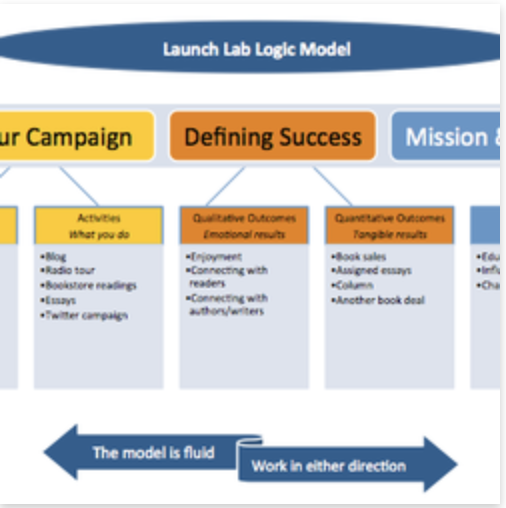Busted: Two Book Launch Myths
 Had I known 20 years ago what I now know about the book business, I might never have tried to become a writer—yet I’m so happy that I invested all that time and sweat equity into learning the ropes. Thank God for those myths that kept me going.
Had I known 20 years ago what I now know about the book business, I might never have tried to become a writer—yet I’m so happy that I invested all that time and sweat equity into learning the ropes. Thank God for those myths that kept me going.
Ignorance was truly bliss. It took a long time to start inking deals and actually making any money, but boy was it a good ride on the rollercoaster. And while I’m grateful for my illusions about the process leading up to publication, I’m glad to have no illusions (anymore) about what happens when a book is actually launched.
Like many other debut authors, when my first book came out I sat by the phone and waited for it to ring. My book was on the shelves! Something magic was going to happen, orchestrated by my publisher, and I was going along for the magic carpet ride! I was ready! And waiting!
And I had no idea what I was supposed to do!
The first myth about a book launch is that it means something beyond the simple fact that your book is now available. Unless you are Elizabeth Gilbert, Anthony Doerr, or Kim Kardashian, no one really cares about your launch. (Well, that’s not quite true; some people care, but not enough to improve your bookscan numbers.)
Authors now have so much information available to them about the realities of the industry. With the click of a mouse, you can find out anything you might ever want to know about every step of the process, including launch. And this is where it gets tricky—because the more you understand about the launch, the more daunting it becomes. Knowledge risks having a paralyzing effect.
How can you possibly do all the things you know you should do for your new book? We have so many more opportunities to self promote than authors did 20 years ago, and yet with that opportunity comes responsibility.
It’s our baby, this book, surely we want to do everything humanly possible to get readers to notice it?
The second myth about a book launch is that if we just work hard enough, we can ace it. But sometimes we need to work smarter not harder. We can’t all have a million Twitter followers or be amazing public speakers. We can’t all travel across the U.S. to do readings, wow TED audiences, or write catchy copy for HuffPo or insightful OpEds for the New York Times.
So what on earth should we DO at launch?
This is where developing your own logic model can make the world of difference. “More than an observer's tool, logic models become part of the work itself. They energize and rally support for an initiative by declaring precisely what you're trying to accomplish and how,” writes the University of Kansas.
Logic models are typically used by businesses to figure out how to put money and effort to good use. You might have tons of money to support your launch (hire a publicist; go on a self-funded radio tour; buy ad space on Facebook—the possibilities are endless), but which effort is worth it given your goals? Do you even know what your specific goals are? You might have cleared your plate for six months to promote your book, but does that mean you can and should do everything?
The logic model helps you answer the basic questions WHY and HOW. It prompts you to ask yourself:
- What kind of promotional activities will work for me? Why do I like some activities and not others?
- Which activities drain me of energy? (And are they still worth doing?)
- What are my goals with publishing this book—beyond sales? Do I want another book deal? Do I want a regular column? Am I launching/enhancing a speaking career? Do I want to establish myself as an expert? Do I want to introduce readers to new ideas/ themes?
- What kind of time can I invest in promotion? Realistically?
- Which existing networks can I tap into?
- How much money am I willing to spend on my launch?
- Do I need help? Should I hire a media trainer? A social marketing expert?
- What sorts of PR activities am I willing to consider? Blogging? Book clubs? Essays (paid or unpaid)? Twitter campaigns?
- Which PR activities am I good at? Where do I have connections?
- What kind of impact do I want to have? Do I want to educate people? Entertain? Get them to change their behavior?
Somewhere between believing the myths and knowing too much lies the happy ground in which the logic model sows its seeds. And the meadow there is quite fruitful. Take a look for yourself.